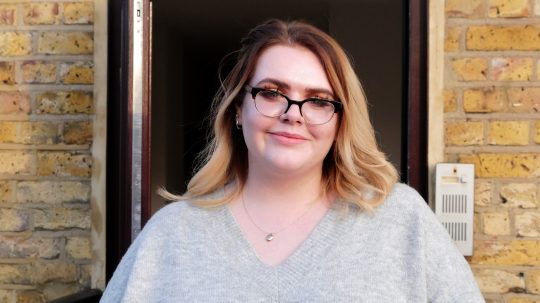Proposed changes to the Mental Health Act will allow patients with mental health conditions greater control over their treatment. The draft Mental Health Bill also sets out plans to make it easier for people with learning disabilities and autism to be discharged from hospital. Now people are being invited to share their views on the proposals by the Joint Committee on the Draft Mental Health Bill.
The draft Bill, published the for pre-legislative scrutiny last month, aims to “modernise” the Mental Health Act 1983. The committee is accepting submissions from people until September.
Addressing ‘inequalities’
The reforms follow recommendations from the 2018 Independent Review of the Mental Health Act 1983 which called for “shared decision-making between clinicians and patients” and legislation making it harder to override a patient’s wishes to refuse treatment.
The review also included recommendations to reduce the number of people detained against their will under government powers. It described racism and discrimination in mental health services, stating that “too often” Black people experienced being “excluded or detained”. Black people were four times more likely to be detained under the Act than white people, government figures show.
Baroness Buscombe, chair of the joint committee, said that the committee’s work in scrutinising the bill would be crucial for improving patient choice and addressing “inequalities” in mental health care.
“The importance of our work cannot be underestimated given the urgent need to bring about changes to legislation first enacted almost 40 years ago,” she said.
Paul Farmer, chief executive of Mind, welcomed the proposed reforms under the draft bill.
“We’re particularly pleased to see measures which will give people receiving care under the Act more say over how they are treated and allow a nominated person to exercise certain rights on their behalf,” said Farmer.
However, he stressed the Bill needed to “go further” in addressing racial inequalities. He called on the government to review the use of Community Treatment Orders (CTOs), which give people supervised mental health care in the community. Black people were more than ten times more likely to be served with CTOs than white people, according to the government’s annual statistics.
Reforms for young people
Farmer said the government needed to ‘strengthen’ reforms for young people. He said the Bill ‘failed’ to give people under the age of 18 power to refuse treatment in advance, which would give them fewer safeguards than adults.
Is young people's mental health important? The answer is yes. We’d like to see change across England on support for young people's mental health and we need your help. Every name counts. Please add your name and share with family, friends and colleagues https://t.co/JaC4tZhpQu pic.twitter.com/lWmLMSRiDM
— Mind (@MindCharity) July 18, 2022
“The lack of a statutory decision-making test for those under 16 could also render many of these reforms ineffective for the youngest people in the system, who are often the most vulnerable,” he added.
If you or anyone you know is affected by the issues raised in this piece, you can call the Samaritans on 116 123.





